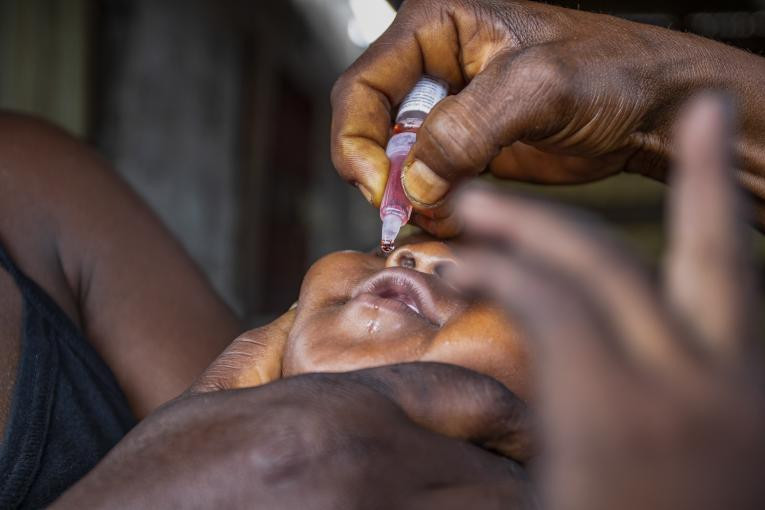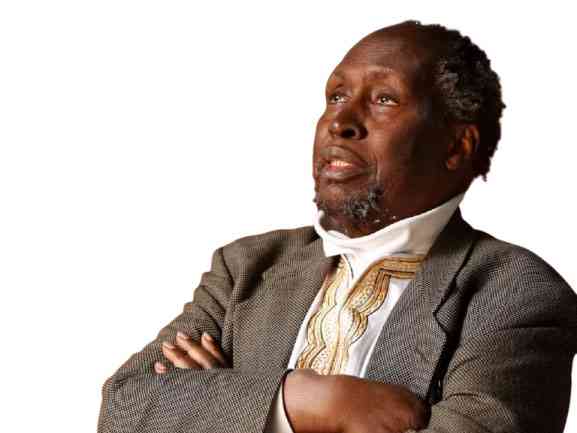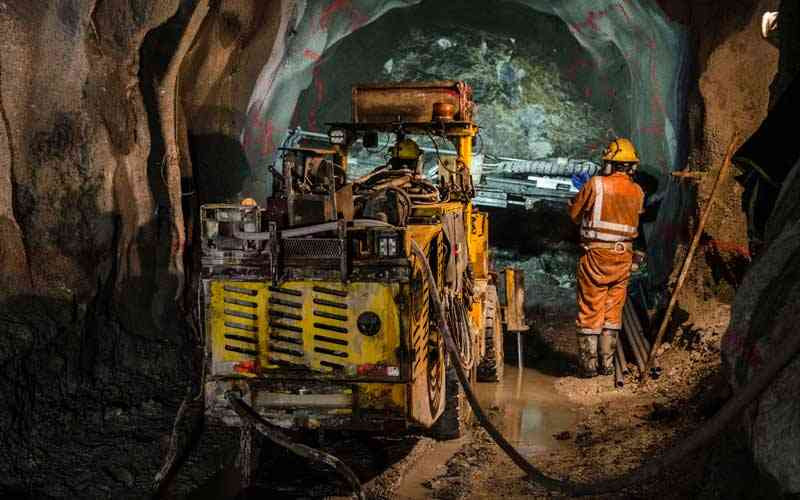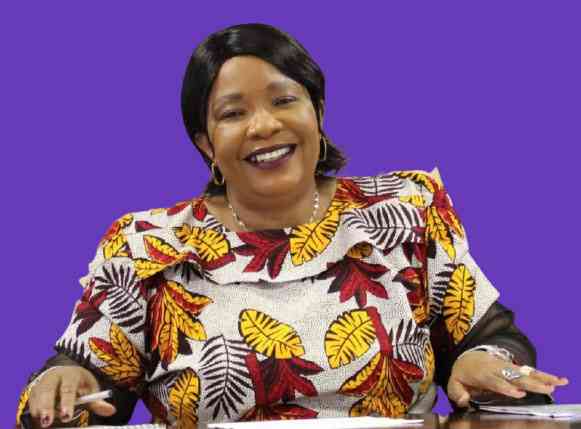
Debates across civilisations in the 19th century, have been on whether the world should exist half free and half slave.
Key questions revolved around which path of development creates a better society or a free society.
In the 1860s, when Abraham Lincoln became president of the United States of America, the challenge before him was of dealing with issues of slavery.
He was presented with a task of freeing thousands of slaves who were not free. His mission was to create a free American society.
In the 1960s, emerging leaders like John Fitzgerald Kennedy, the then incoming president of the United States of America, was not only confronted with the need to find solution to the rising civil rights movement but he was equally confronted with the challenge of rising communism.
He was having to deal with Communist China, the Soviet Union and Cuba to avoid the spread of communism. To him communism deprived humanity of freedom.
Today, in this century and in this civilisation, I believe the kind of society that we build and the kind of strength that we maintain, will be our defense of freedom.
Our freedom depends upon a great measure, on the things that we do as individuals, as communities and as a society.
- Building narratives: Writing, journaling is therapeutic
- Hebrew scriptures:
- Building narratives: Writing, journaling is therapeutic
- Hebrew scriptures:
Keep Reading
The kind of economy we build will be our strengthened vitality.
Zimbabwe was colonised in 1896 and became independent on the 18th of April 1980 after a period of protracted armed struggle.
The First Chimurenga war led by Mbuya Nehanda and Sekuru Kaguvi in the late 1890s, and the Second Chimurenga War jointly led by Robert Mugabe and Joshua Nkomo, brought freedom to the people of Zimbabwe. Precious lives were lost in the war.
The big question before us is whether we are on the right path to maintain our independence, because if we lose our independence, we lose our freedom.
But what do I mean by freedom?
Freedom is a social concept that recognises the dignity of individuals and I want to further define it as the absence of coercive constraint.
I attach great importance to freedom because it is a critical condition for human progress and societal development.
There is little or nothing that one can do for oneself if one is subjected to slavery or any form of bondage.
Under Apartheid South Africa, blacks could not prosper because the system of racial segregation constrained them from receiving quality education or any form of progressive advancement.
As an African, I thank the great people in the progressive world who pushed the agenda for a free world, where humanity now has the latitude or freedom to choose what to do, even to participate in a political movement.
Many African nations have benefited immensely from the support of other continents for them to attain independence.
In post independence era Africa continued to receive support in form of development aid.
We must acknowledge the good works of aid from which we have benefited in the form of loans or grants.
Millions of Children in Zimbabwe are alive thanks to the control efforts against measles and other diseases. Hundreds more lives have been saved thanks to international cooperation on the fight against HIV and Aids.
Debilitating diseases such as malaria and tuberculosis have been controlled in Zimbabwe thanks to the generosity of development partners.
Again, millions of people have been saved from starvation, thanks to the giving hand of international partners.
There are many achievements we cherish as a result of development aid in Zimbabwe and across Africa.
Rwanda, Mozambique and Ethiopia have been able to leverage on development aid and they successfully developed and expanded their economies.
Rwanda, despite being supported 50% of its budget by donor partners, the size of its economy has doubled over a period of ten years and it is becoming stronger and diversifying .
On the downside, between 1970 and 1998, when development aid to Africa was at its peak, poverty levels rose from 11% to 66%.
Sub-Saharan Africa remains the poorest region in the world with miserable literacy, health and other social amenities indicators.
These sentiments are equally shared with Dambisa Moyo in her book titled Dead Aid.
A strong condemnation this may be, but Moyo’s assessment is no outlier. Development expert, William Easterly drew similar conclusions in his study Can Foreign Aid Buy Growth?, revealing an inverse correlation between aid and per capita growth.
Ghana President Nanna Akufo Addo believes that African economies can survive beyond aid hence the ‘Ghana Beyond Aid' mantra.
In the last 30 years alone, it is estimated that Africa received 1,2 trillion United States dollars in aid, but unfortunately at this stage, at this point Africa has nothing to show for it.
I think the question before us is whether we are able to maintain freedom or move in the direction of freedom with this heavy reliance on donor support?
Can development aid with its conditionalities proffer the kind of free society we desire?
Can a human being continue to enjoy freedom while surviving on monthly food handouts?
How can we guarantee freedom to many of our people?
In one research study, we looked at the things that made our forefathers survive even in times of hunger and famine.
We also interrogated on how they survived in the face of disease.
Research evidence confirms that our ancestors used indigenous food and medicine for survival.
They used indigenous knowledge to harness these resources.
It is through this African knowledge system, which we now call indigenous knowledge systems, that our forefathers were able to defend their human dignity and their freedom.
They had their own integrated knowledge systems which represented an embodiment of African knowledge.
In our research, we called this Integral African Wisdom.
Within the Integral African Wisdom, lies the ability to individually self sustain life and defend personal dignity, realizing that there is loss of dignity in surviving on charity.
There is a tendency to alienate human beings to realms of impotence if the system of donor dependency is perpetuated.
The creative art in humankind and our ability as Africans to innovate and transform lives resides in the Integral African Wisdom.
Confronted with economic and social challenges within our societies, humanity is being called upon to unleash the untapped potential for self sustenance at individual, community and national level.
A nation which is able to innovate and to unleash the creative energies and productive capacities of its people, can create sufficient resources to improve the living conditions of people and resultantly protect the freedoms of the general citizenry.










